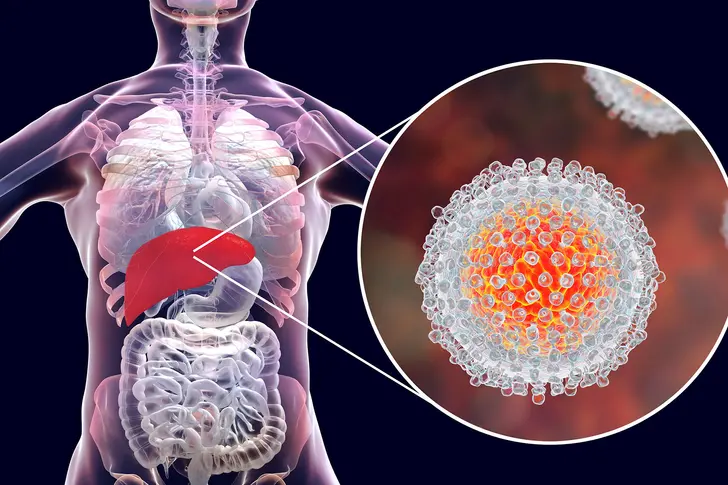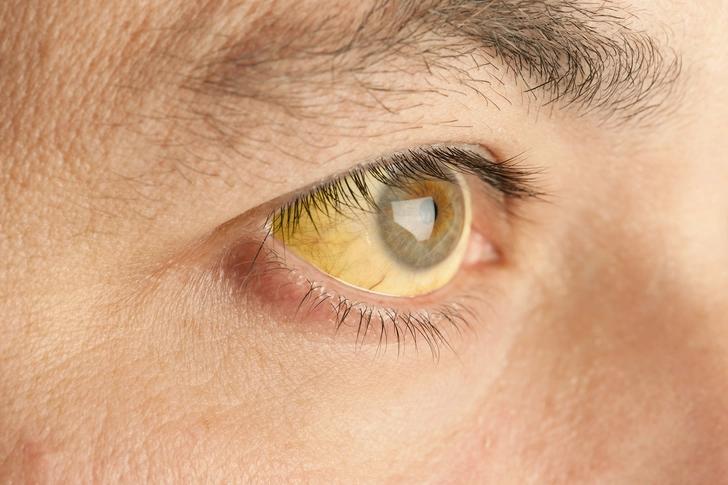Could You Have Hepatitis and Not Know It? 10 Things to Look Out For


Why You Need to Look Out for Hepatitis C Signs
Hepatitis C is a virus that causes inflammation of the liver. It can cause severe side effects, such as liver cancer, and may even lead to death if gone untreated.
One of the most complicated aspects of this condition is that it can go unnoticed for a long time, silently causing damage. All hepatitis C infections start at an acute phase, which typically shows little or no symptoms.
Acute hepatitis C doesn't always lead to a chronic condition. However, it's important to keep an eye out for certain signs that will help you catch hepatitis C. The earlier its detected, the more effective the treatment.
You should check with your doctor whenever you find one of these symptoms, even in case of doubts. Catching Hepatitis C early is key to preventing damage and further transmission.

Digestive Problems
If you show symptoms during the acute hepatitis C stage, it will usually be stomach-related issues. Common symptoms of acute hepatitis C include:
- Frequent stomach pains
- Decreased appetite
- Nausea
- Vomiting

Frequent Fevers
A few weeks after infection, a person with hepatitis C may have a high temperature. While it may not necessarily mean hepatitis, you'll want to check with your doctor if you have a temperature over 100 degrees Fahrenheit (38 degrees Celsius).

Altered Color in Skin and Eyes
Approximately 1 in 5 people who have hepatitis C will experience a condition called jaundice. Due to improper liver function, a naturally occurring substance called bilirubin starts to build up. This leads to a yellow tint in your eyes and skin color — a typical sign of liver disease.

Pain and Fatigue
Persistent physical pain is a common sign of chronic hepatitis C. Paired with overall fatigue, pain is usually felt through joint and muscle aches. Joint pain can also begin to appear during the acute stage.

Changes in Urine and Feces Color
People with hepatitis C will often report a color change in their urine and stools. Specifically, their urine may be darker than usual and their stool may resemble clay.
In severe cases of hepatitis C, stool may also become darker as a result of cirrhosis, a condition that prevents proper liver function due to scars caused by long-term damage.

Easy Bleeding and Bruising
Another sign of liver disease is being more prone to bleeding and bruising. It's more common during the chronic hepatitis C stage, so make sure to check with your doctor if you notice that you're bleeding and bruising more often.

Recurring Itchy Skin
Rashes, and itchy skin in general, are not usually signs of a serious issue. However, if you find that they keep coming back, they may be related to Hepatitis C, especially when it’s chronic.

Change in Appearance of Blood Vessels
Chronic hepatitis C may cause spider angioma, a collection of blood vessels that shows up on the skin as red extensions that expand like a spider web. While it’s usually painless, you may want to have your doctor check it out to ensure it's not related to hepatitis C.

Rapid Weight Loss
A person with hepatitis C may experience sudden weight loss and struggle to gain weight. In the case of children, this may even slow down their development and growth. Check with your doctor to ensure a proper diet that compensates for these changes.

Water Retention
The build-up of fluid in your abdomen is called ascites, and is a common sign of cirrhosis. This condition is caused by long-term liver damage, which can be a result of untreated Hepatitis C. While hepatitis C can often lead to weight loss, ascites can instead cause an increase in body weight.
PHOTO CREDITS:
1. Science Photo Library / Getty Images
2. Science Photo Library / Getty Images
3. Moment / Getty Images
4. DigitalVision / Getty Images
5. E+ / Getty Images
6. Science Photo Library / Getty Images
7. Science Photo Library / Getty Images
8. E+ / Getty Images
9. Science Photo Library / Getty Images
10. The Image Bank / Getty Images
11. Moment / Getty Images
12. Science Photo Library / Getty Images
SOURCES:
Mayo Clinic: “Hepatitis C.”
World Health Organization: "Cirrhosis," “Hepatitis C.”
National Health Service: “Hepatitis C Symptoms,” “Jaundice,” “Itchy Skin.”
British Association of Dermatologists: “Spider angioma.”
Cleveland Clinic: “Ascites.”